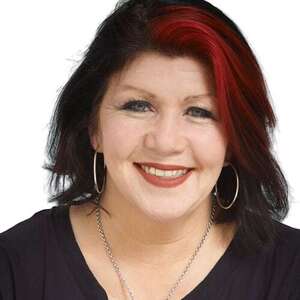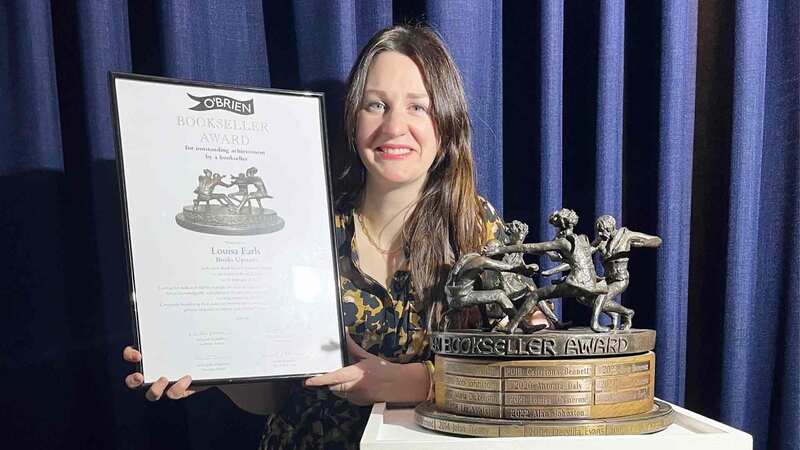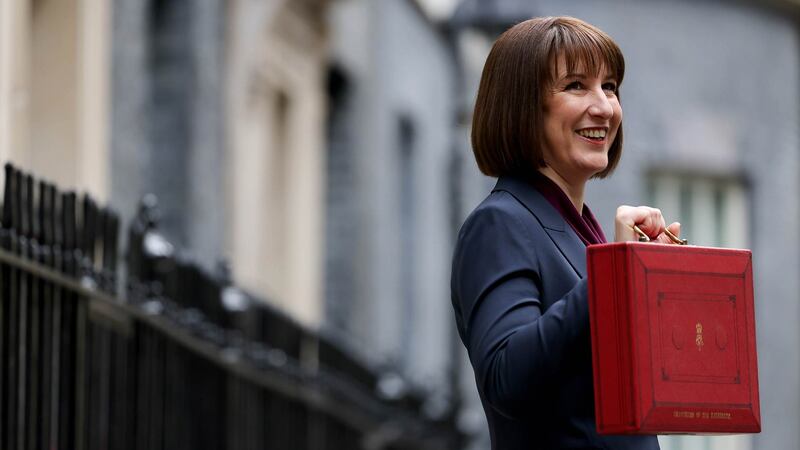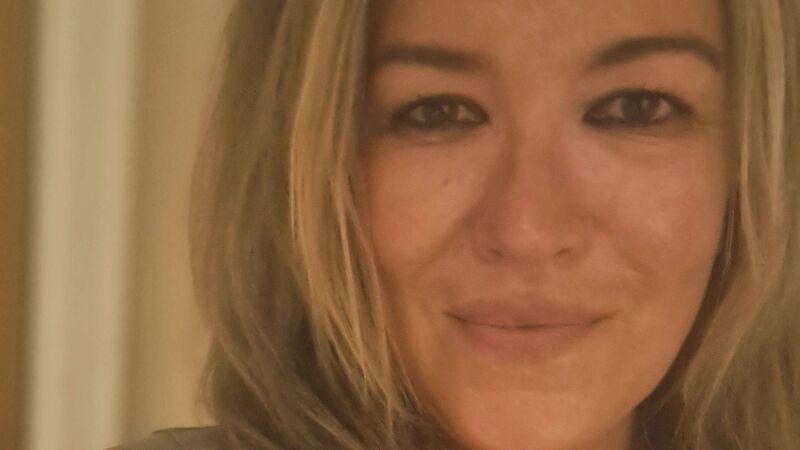You are viewing your 1 free article this month. Login to read more articles.
Choose love
Author Milly Johnson makes the case for romantic fiction
There seems to be a misconception in the industry that romantic fiction books are somehow "lesser". We sell by the millions, we financially underpin the publishing business and yet the pickings are slim for us in press features or arts programmes. Reviewers can be half-scoffing, even in complimentary summations: fluff, chick-lit, cheesy, mushy, fabulously predictable, formulaic. Is Miss Marple not predictable then? Is a reader not assured that the villain will be apprehended? Formula exists in all genres and yet we are picked on like the class scapegoat. Some, it seems, are lauded for the very reasons we are criticised.
Our readers often identify with our characters because they are written from real life, our experience and hard-earned wisdom (the "truth" in our fiction if you like). They seek us out to tell us how we have changed their lives, inspired them, comforted them, restored a lost love of reading.
We have the love of—and sales from—our readers as endorsement of our worth but not, it seems, the respect that writers of other genres command from certain quarters. The fact that we have had barely a mention in the newspaper Christmas book round-ups has shone a glaring light on this disparity.
An uplifting end does not mean that the pages preceding it are full of dancing unicorns. We feature hard-hitting subjects: domestic abuse, cruelty, desertion, infidelity, as well as love, friendship and community and yet it seems we are so often judged on those last few paragraphs. Leaving readers with hope and warmth in their hearts does not necessarily a "light read" make. This bitter prejudice is unfathomable. Is it the result of ingrained snobbery, never addressed and added to over the years? Whatever its origins, it has to end now. It is insulting and unjust.
We have the love of—and sales from—our readers as endorsement of our worth but not, it seems, the respect that writers of other genres command from certain quarters. The fact that we have had barely a mention in the newspaper Christmas book round-ups has shone a glaring light on this disparity. And yet, surely we are all on the same page (excuse pun). We both serve our readers, strive to supply them with what they want—and millions of them want us. We know this because they buy our novels and put us in the Sunday Times bestseller lists. Mine was recently number two in the fiction paperbacks, only Richard Osman ahead of me. Phillipa Ashley, also in the top ten—massive achievements for us. Yet the emphasis was on two books about a sausage roll and the other: workouts to do while defecating! Jenny Colgan in the New York Times bestseller chart, the Amazon charts dominated by Christmas-themed books written by my peers; a quarter of the top 20 last week: popular female fiction writers but not a mention of any of that. Yet I think there might have been had the stats shown that quarter was made up of crime/literary fiction writers. More so if male. Beware that misogyny, because it is hiding there in plain sight.
It’s time to move forward. It’s time for the industry to respect romantic fiction, to acknowledge that character-led books are every bit as crafted as those that are valued for their form. It’s a question of respect for our readers too. They are discerning; they enjoy us as they also enjoy crime, literary fiction, biographies, sci-fi.
During the pandemic people turned to our books to reacquaint themselves with their dear familiar pre-Covid worlds - bought and borrowed figures soared. Last year alone, my books were borrowed from libraries over 212,000 times. Other genres were patted heartily on the back for the rise in numbers. Not a mention of the massive contribution we made to keeping people sane while deprived of contact with loved ones, yet outpourings made their way to us in thousands of thankful emails from readers. I’ll take a punt and say that people write more to novelists of our genre than to any other.
Odd that our ability to entertain is seen as secondary to ‘challenge’, yet it is the very quality that TV is applauded for. Take Netflix, which is growing like a wild weed because of a voracious hunger for escapism and amusement. Not everyone who picks up a book wants a demanding, cryptic read. That does not make their tastes inferior. Books are read to match our current moods, circumstances, palates. No one should be judged for their choices, but by omitting us from recommended selections, that is the clear message being transmitted.
This week the charts prove that those Christmas round ups have been influential to sales. We have been denied that advantage. Come on, even Scrooge ended up sharing with Bob Cratchit!
Let us mend this broken bridge between the factions. It is easily done with some effort and overdue respect. We are no better than any other genre, but we are certainly NOT worse. There is nothing wrong with a romantic fiction novel. Love is the salvation of the world; there should be more of it, not less. We do not write inferior books—we are many, we are popular and we are here to stay.
Milly Johnson is the Sunday Times bestselling author of 19 novels, five novellas and a collection of poetry. She was born and still lives in Barnsley, South Yorkshire and was the RNA’s recipient of the Outstanding Achievement Award in 2020. Johnson’s latest book The Woman in the Middle is published in hardback, £16.99, and I Wish It Could Be Christmas Every Day is now available in paperback, £8.99 (Simon & Schuster).















